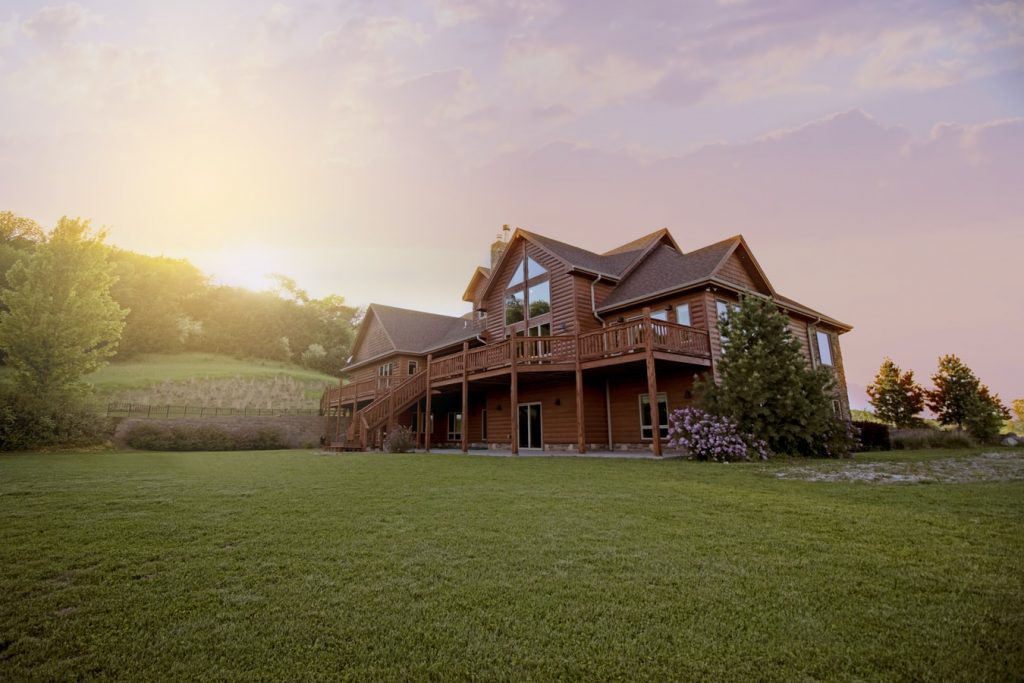With the roller coaster that 2020 has been, it’s a relief to know that the housing market it’s recovering and that even it keeps growing! In fact, due to the circumstances earlier this year -due to the lockdown home sales almost halted- the purchase season has continued into the final quarter of the year and even ranked higher than other years, which tells us that the demand will continue to be strong. With the sales going high and the inventory going down, we need more home supply. Buyers now are facing more competition and having to act quickly and buy at a very fast pace.
That is good news for the market. However, it’s smart to keep an eye on the emerging trends that the pandemic has left us with to forecast how the real estate market will be next year and what are our best options.
Here are 4 relevant current trends to look for in 2020/2021
1. Suburban Growth
Remote work has changed more than the office space, it has increased interest in smaller cities that are cost-effective and offer benefits like safety and more space, in which remote workers now have the opportunity to move in. As it’s expected wellbeing has become the top priority and people have higher expectations of their living conditions wanting to make sure that their houses and buildings meet the appropriate cleanliness and safety standards.
Meanwhile, prices in large cities with expensive taxes like New York, Chicago, and San Francisco are softening.

2. Demand for Comfort
People want a house where they can live comfortably, balancing work, and enjoying their spare time. That’s why spacious single-family properties have increased in demand and outdoor amenities like nearby parks are becoming more and more important.
“NAHB analysis published last week showed that new single-family home sales are outpacing starts by a historic margin. Bridging this gap will require either a gain in construction volume or reductions in available inventory, which is already at a historic low in terms of month’s supply,” said NAHB Chief Economist Robert Dietz.
3. Interest Rates
It’s very likely that soon interest rates will rise –above the current 2%- and sales will cool off for a moment. That’s why so many people are looking to buy their first house now despite the competition instead of waiting until financial circumstances change.
4. Foreclosed Homes
Currently, lenders are not being able to start their processing of defaults due to the moratoriums on foreclosure and it’s still not clear what will happen after Dec. 31 – CARES Act due date-but it’s forecast that in 2021 there will be an excessive amount of foreclosed homes and defaults which will cause the market to slow down during a period. However, it’s not likely that the foreclosures will reach the heights of the Great Recession, and hopefully, it will gradually rebound in 2021 and increase in 2022.
Due to the pandemic and its unseen effect, it’s not completely certain what next year will bring for the real estate industry. Overall, sales volumes are expected to remain high and looking to recover.
